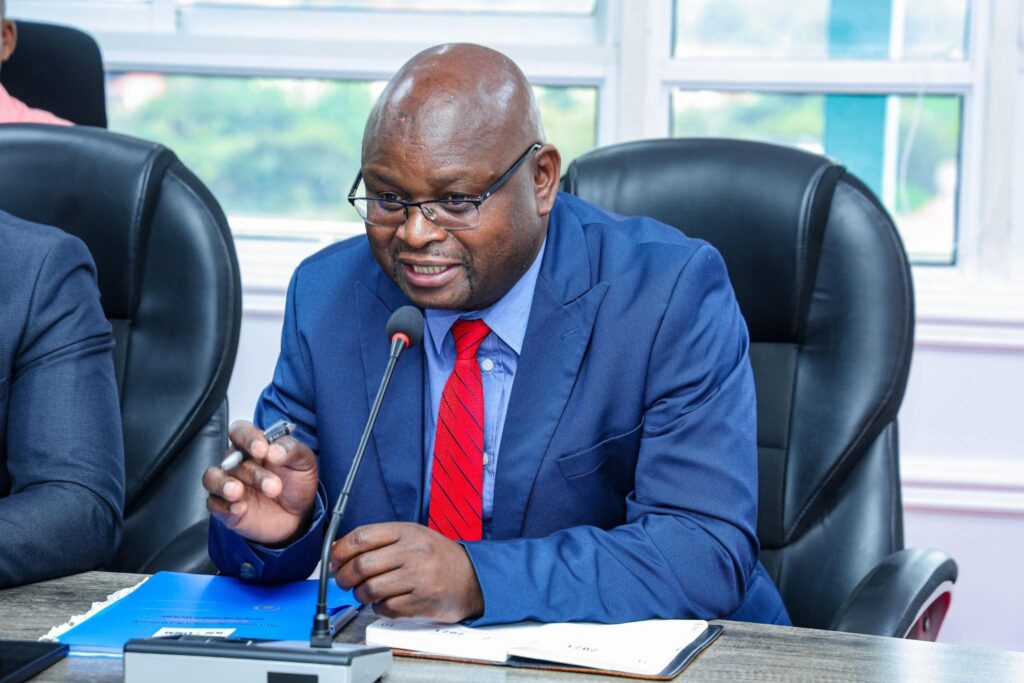DAP-K aspirant Seth Panyako has this morning cast his vote at St Joseph’s Lunyu K Primary School, marking a crucial moment in the highly contested Malava by-election. Panyako arrived at the polling centre in the company of DAP-K party leader Eugene Wamalwa, signalling the party’s strong backing for his bid to capture the parliamentary seat left vacant after the death of MP Malulu Injendi.
The Malava contest has transformed into one of the most closely watched political battles in Western Kenya. It pits Panyako a vocal critic of the Kenya Kwanza administration against UDA’s David Ndakwa, the former minority leader in the Kakamega County Assembly. Their rivalry has injected fresh energy into the constituency’s political landscape, drawing national attention to what was initially expected to be a routine by-election.
Both candidates have campaigned aggressively across Malava’s seven wards, holding village meetings, grassroots dialogues, and community engagements aimed at rallying undecided voters. Their contrasting political styles have further charged the race, with Ndakwa banking on UDA’s national machinery and Panyako leaning on his populist appeal and criticism of government policies.
For President William Ruto’s administration, the by-election has become a high-stakes test of political influence in a region where the Kenya Kwanza coalition has been working to strengthen its foothold. A win for Ndakwa would reaffirm UDA’s growing presence in Western Kenya, while a victory for Panyako would hand opposition forces a symbolic boost and signal potential cracks within the ruling coalition’s support base.
As voting continues, security agencies have reported calm and orderly proceedings, with steady voter turnout across polling stations. Election observers are also monitoring the process closely to ensure transparency and fairness.
The final outcome is expected to shape political narratives ahead of upcoming national political realignments, making the Malava by-election more than just a constituency contest it is a test of power, messaging, and political loyalty.

